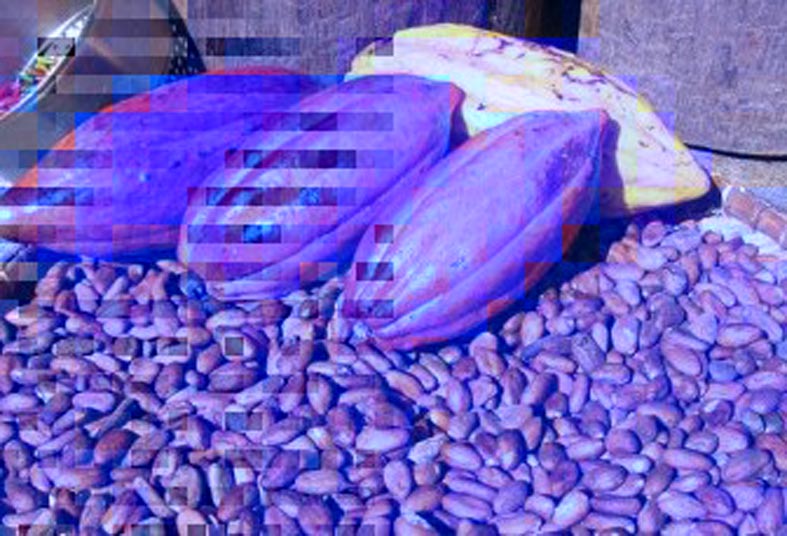Cargill is planning to extend its sustainable cocoa programme to South Sulawesi province, Indonesia, the world’s third-largest cocoa-producing nation
With the launch of the programme, Cargill’s aims to develop and scale up sustainable cocoa supply chains in Côte d'Ivoire, Cameroon, Ghana, Brazil and Vietnam to meet the increasing demand for cocoa across Asia.
The first step of the programme will see the establishment of ‘Farmer Field Schools’ to teach farmers good agricultural practices to help improve yields, enhance the quality of cocoa and increase their incomes. The Farmer Field Schools also will train farmers on best practices for pest and disease control since more than 50 per cent of the cocoa crop is lost to pests and diseases. Initially, the goal is to train 1,000 farmers to reach independent sustainable certification for either UTZ or Rainforest Alliance certification.
The programme will initiate the set up of farmers’ organisations, which will play a crucial role in the administration and certification of the cocoa crops. They will also offer farmers a platform to share expertise as well as an outlet to sell their crop at the best possible price. The programme will start in South Sulawesi with the aim of extending to other regions in Indonesia over the next few years.
The launch of the sustainable cocoa programme in Indonesia is supported by the Sustainable Trade Initiative (IDH) and by a partnership with the South Sulawesi local government. Cargill is also working closely with field implementation partner, Swisscontact, to promote local development of farmers and to stimulate cooperation.
Commenting on the programme, Taco Terheijden, manager Sustainable Cocoa from Cargill Cocoa & Chocolate, said, “Our programme is mutually beneficial for local farmers and Cargill. By improving farmers’ productivity and bean quality, profitability will increase and improve the living standards for farmers and their families. At the same time it helps to realise our goal to develop a sustainable cocoa supply chain and improve the quality of cocoa for our customers."




